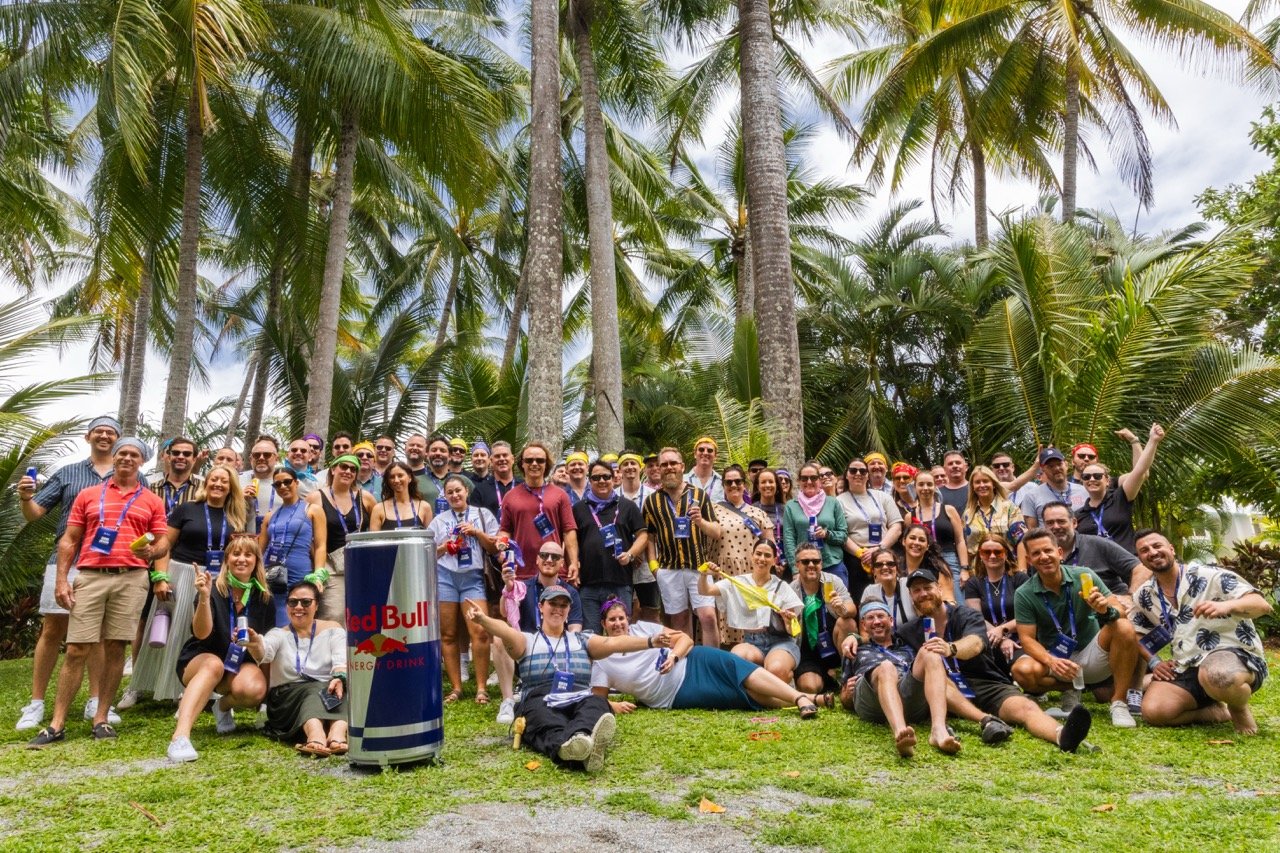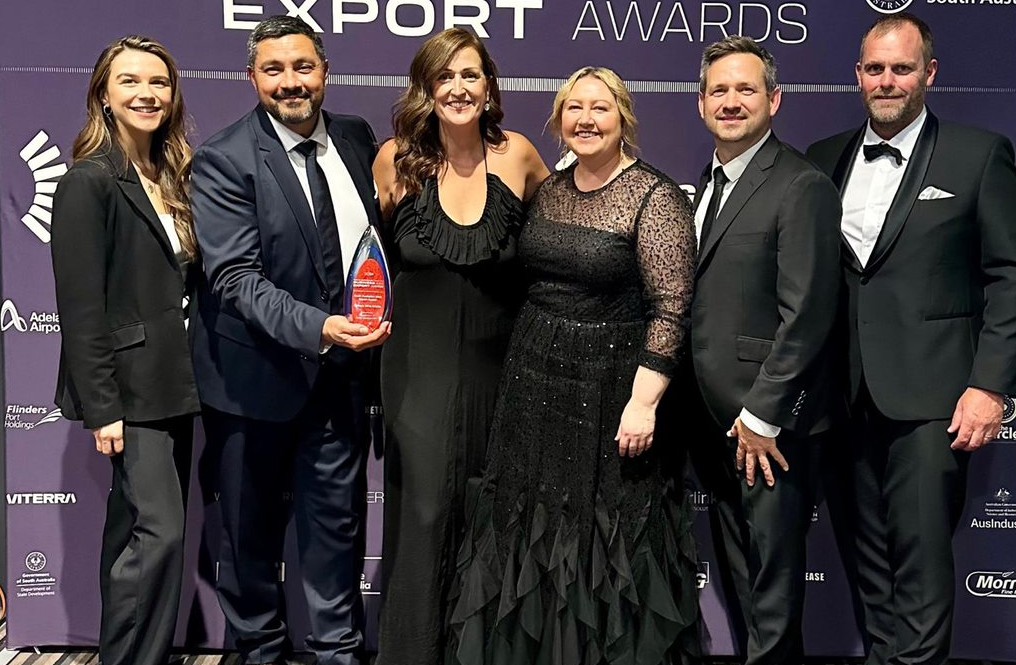In today’s rapidly moving global and technological marketplace, disruption can create significant opportunities. But it also greatly influences the way our people practices need to evolve in order to support the salesforce.
For HR professionals, this means being aware of the business model changes impacting your viability or creating opportunity and anticipating the people implications for your teams.
The information age – and now the social age – has seen the role of the sales person evolve dramatically. This has a number of impacts on how we organise, optimise and motivate the salesforce.
The sales person isn’t necessarily the main (or even the first) point of contact
Customers are no longer as reliant on a company representative to obtain product/service/pricing information and are generally further down the purchasing funnel before they make contact with your company than they have been in the past.
How do you make sure you have the right sales organisational structure to ensure the investments are only made where they align with customer need and result in a competitive cost of sales?
The internet has opened up new and highly efficient distribution channels
A customer can be standing in your store comparing stock availability and price with other retailers through their phone. Your store has become an expensive showroom and customer service centre rather than the primary distribution engine and it’s getting harder to track the direct impact of an individual employees sales efforts in this omni-channel world.
The sales skillset has evolved
Sales and supply chain processes have become so sophisticated and specialised that the skills and competencies required of enterprise account managers have transformed. Critical thinking and solutions focus are required, beyond the traditional technical and sales capabilities.
How do you confidently assess and hire for this type of selling?
Consumption-based pricing affects how we reward our sales team
With many companies moving to consumption-based economics (such as charging monthly access fees instead of an upfront annual fee), profit can be affected as selling the new services lines often have a slower revenue lead time.
Download AON-Hewitt’s white paper to see how HR is helping deal with disruption to sales models in two large industries.
For more information get in touch with an Aon Hewitt consultant today.
Article by Jairus Ashworth, a Partner at Aon Hewitt, a reward expert who leads the Asia Pacific Salesforce Effectiveness practice.
Share the content










